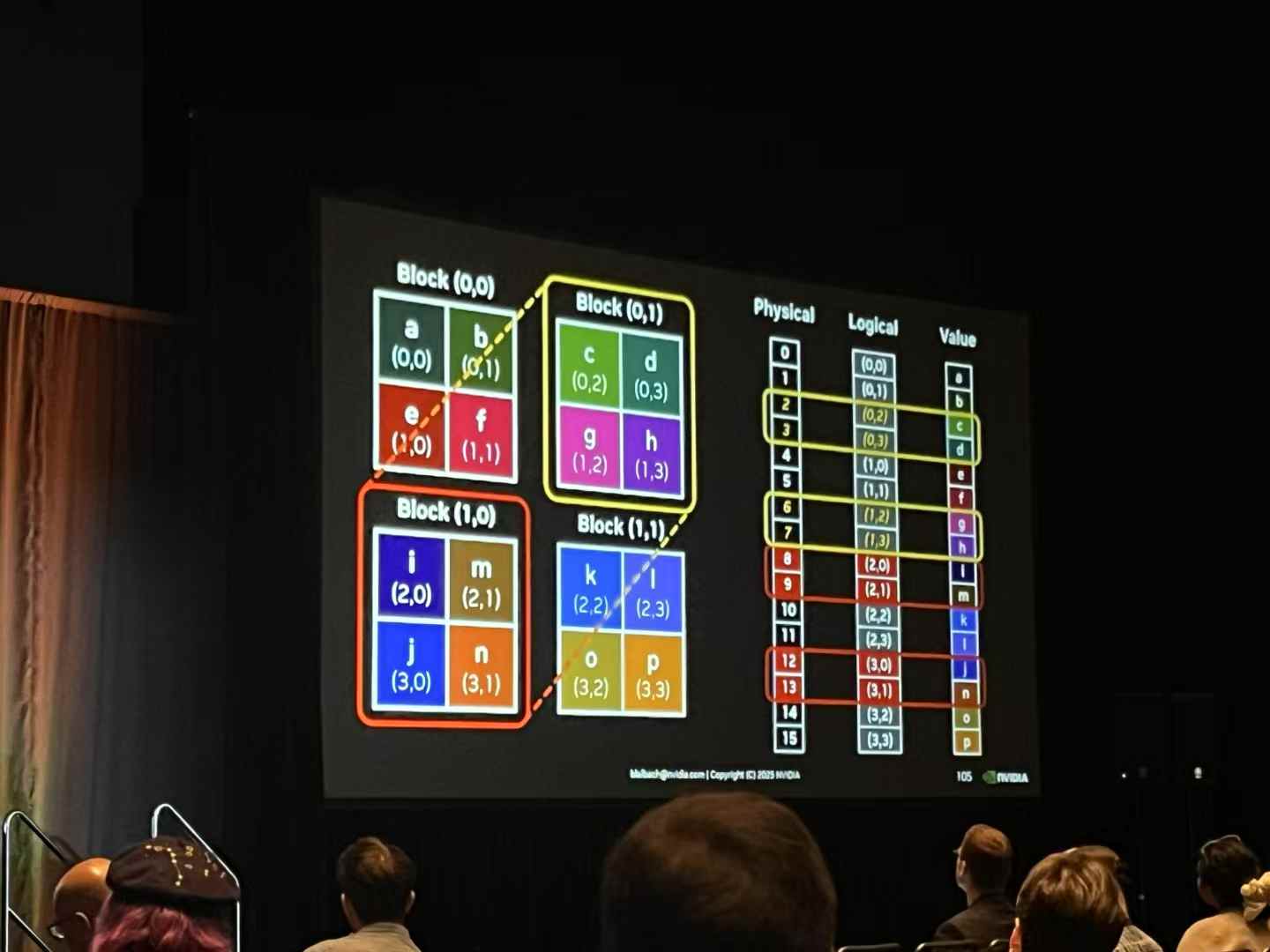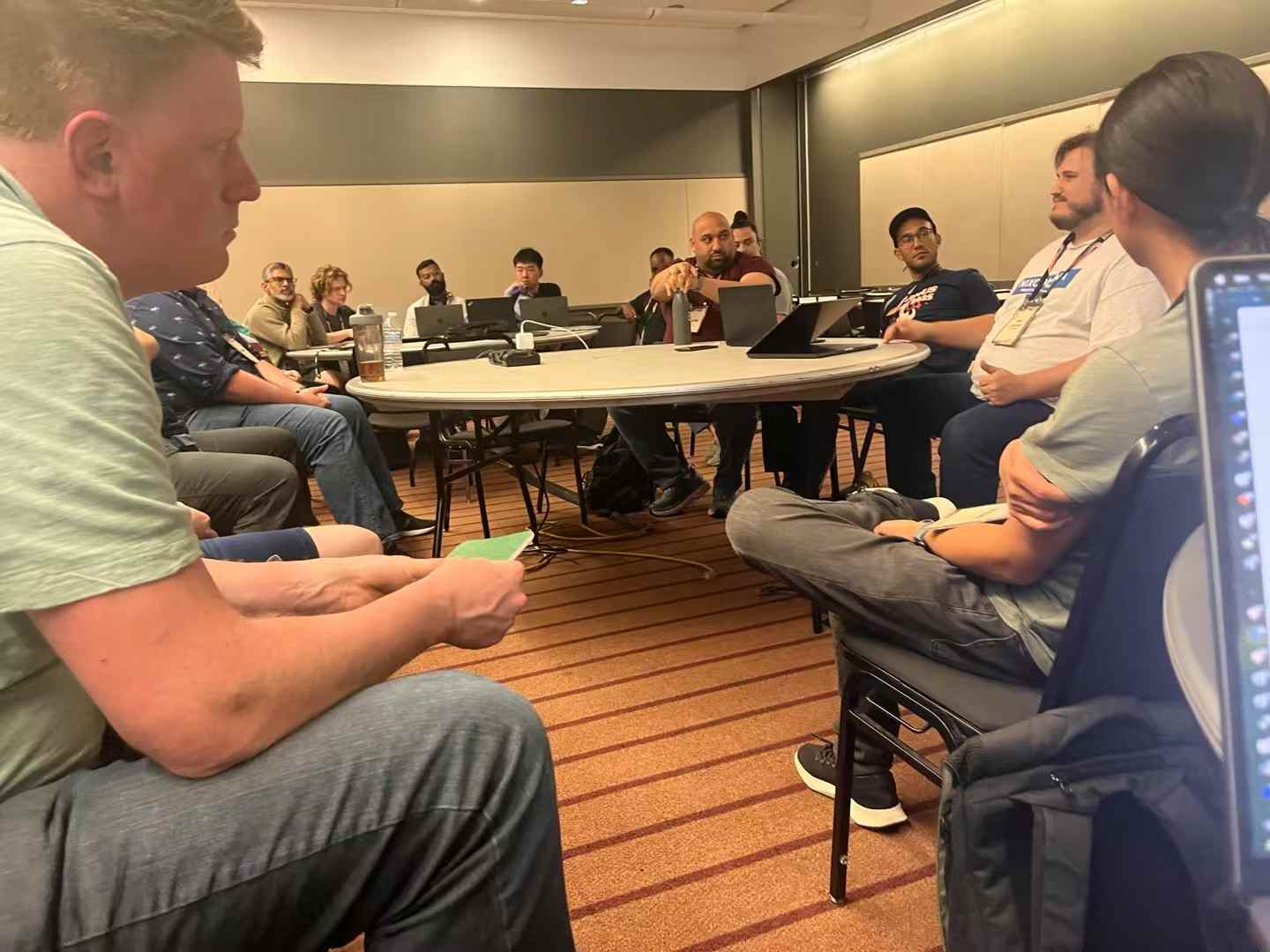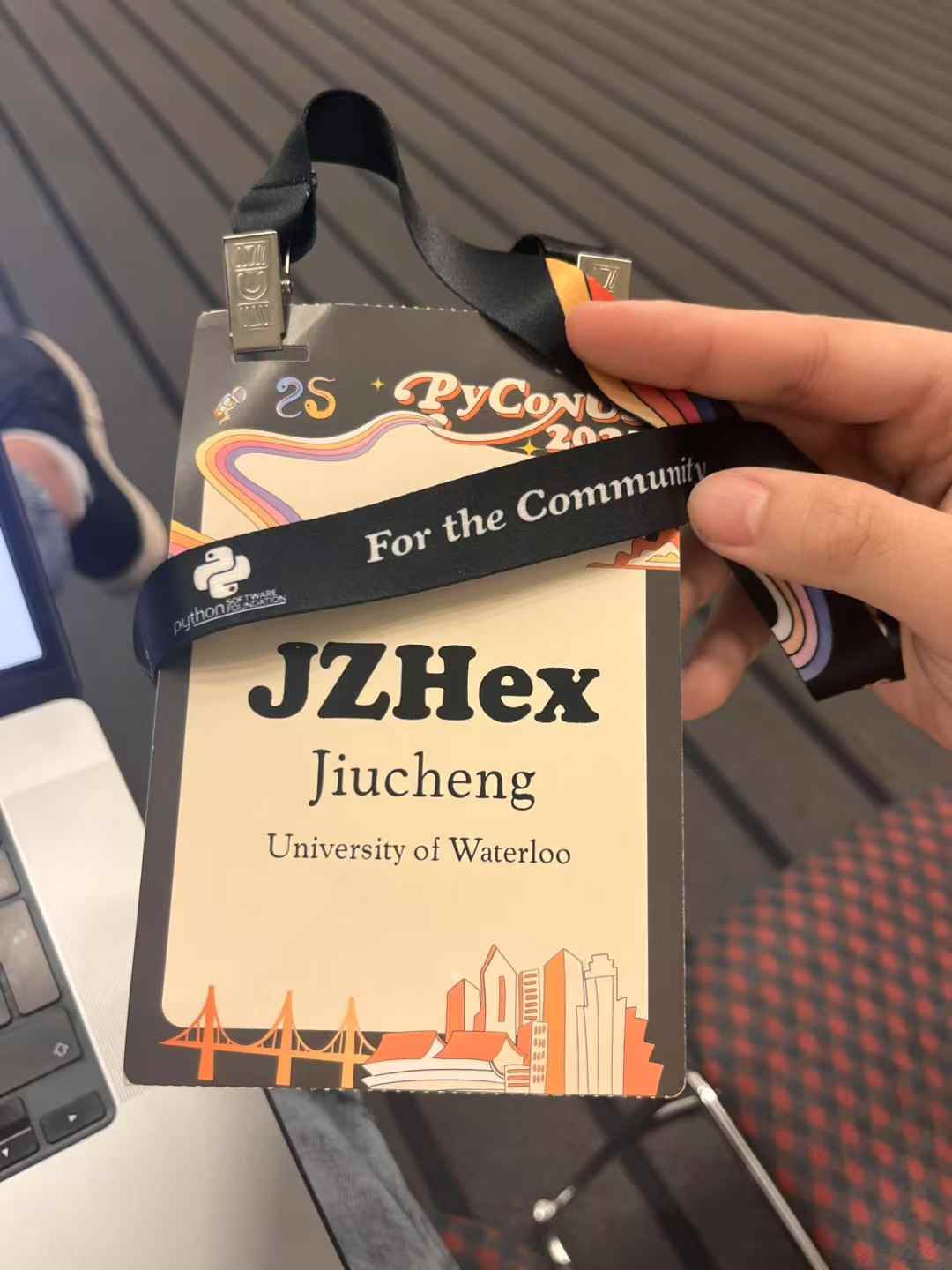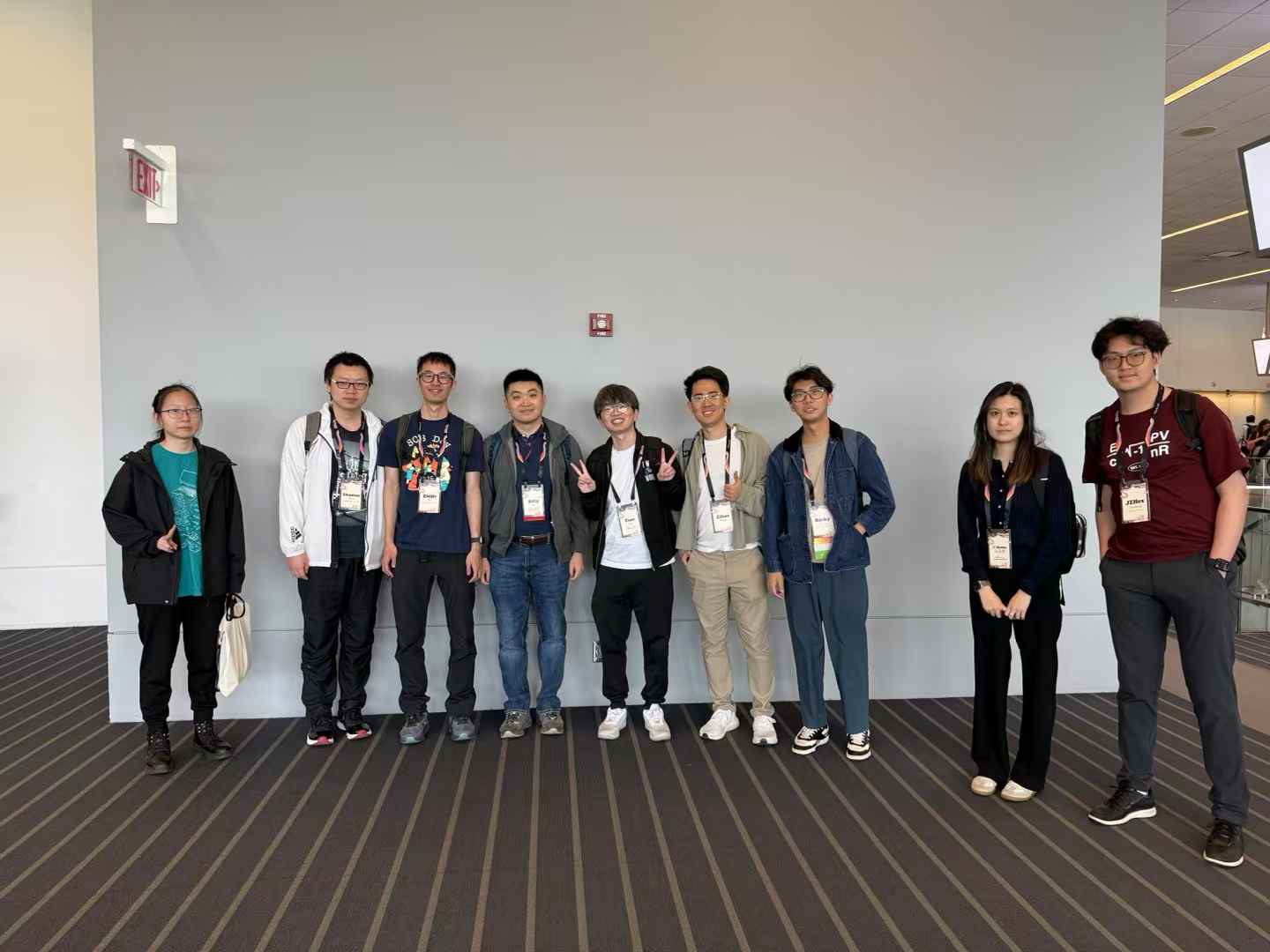PyCon 2025 Reflections: Free-Threaded Python, Performance Evolution, and Meeting Guido 🧑💻
Introduction
PyCon 2025 in Pittsburgh was more than just a conference — it was a moment where the past, present, and future of Python collided in the best possible way. This year’s event was packed with energy, deep technical conversations, and unforgettable personal moments — including the opportunity to meet Guido van Rossum, the creator of Python, in person.
In this post, I’ll share highlights from the event, dig into what I learned about Free-threaded Python (PEP 703), and reflect on the direction our community is heading.
Meeting Guido: A Personal Milestone
Let’s be real — for most Python developers, meeting Guido is like meeting a legend. I had the chance to chat with him briefly between sessions, and it struck me how approachable, curious, and humble he still is after decades of shaping one of the world’s most beloved programming languages.
We talked about Python’s growth and the challenges of modernizing a language with such a broad user base. His enthusiasm for what's next — especially Free-threaded Python — was contagious.
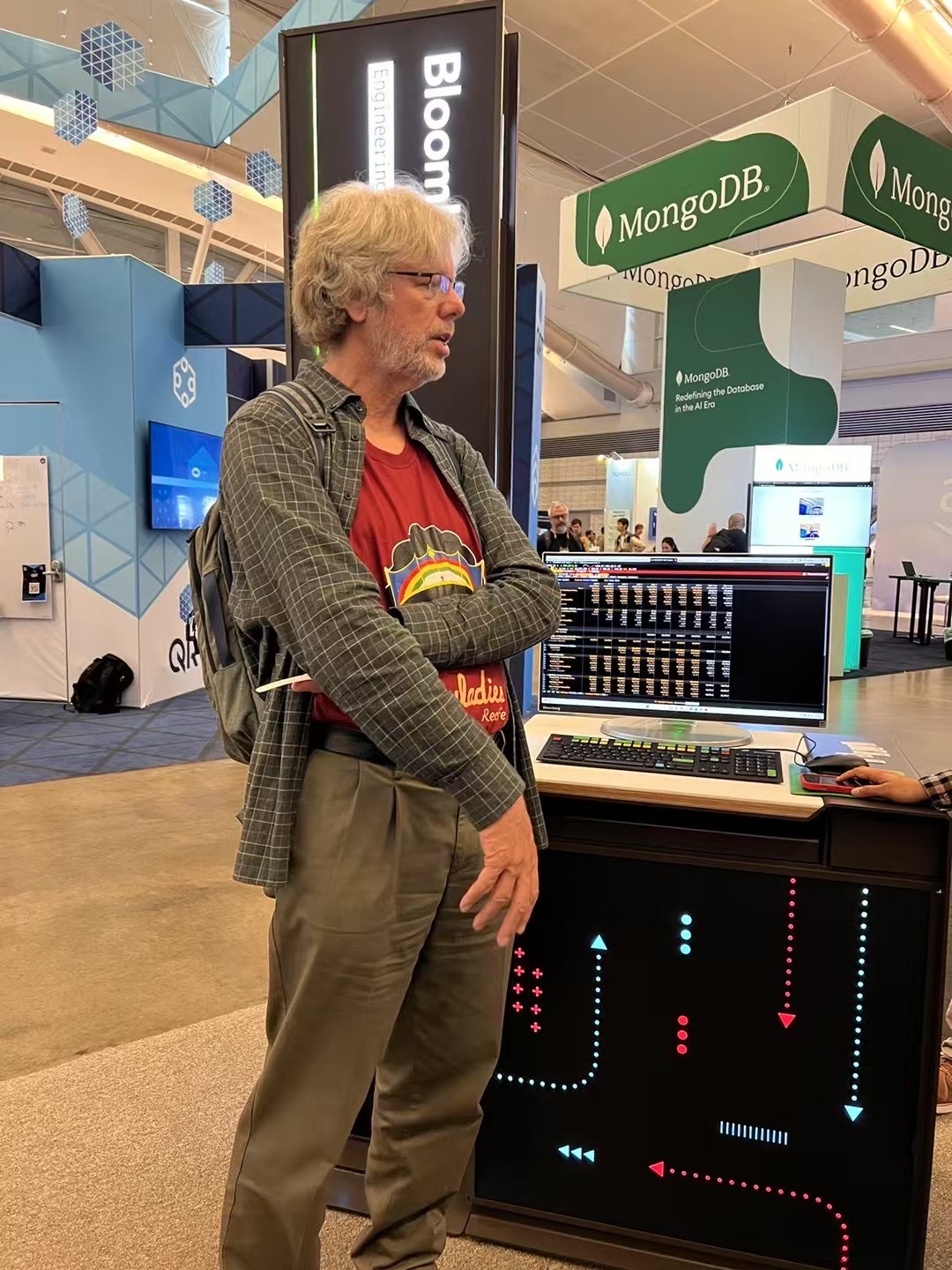
(Meeting Guido van Rossum at PyCon 2025 — a highlight I’ll never forget)
Free-Threaded Python (PEP 703): Unlocking Parallelism in CPython
The technical centerpiece of the conference for me was the growing momentum around PEP 703, which proposes making the Global Interpreter Lock (GIL) optional in CPython.
🌐 What is the GIL?
The GIL is a mutex that prevents multiple native threads from executing Python bytecodes at once. While it simplifies memory management and ensures thread safety, it limits multi-core performance — particularly in CPU-bound workloads.
🔓 Why Free-threaded Python Matters
With PEP 703, Python is taking a bold step: allowing developers to compile CPython without the GIL. This opens the door for true parallel execution and improved scaling in multi-threaded applications.
Here’s what stood out from talks and hallway conversations:
Performance Benchmarks: While the no-GIL build isn’t universally faster yet, there are promising improvements for multi-threaded workloads (e.g., scientific computing, data processing, game engines).
Backward Compatibility: One of the biggest challenges is ensuring C extensions work properly in a no-GIL world. Some extension authors are already testing and adapting.
New Responsibilities: Without the GIL, thread safety becomes your responsibility. It’s a tradeoff — but a powerful one if handled right.
🔧 Want to Try Free-threaded Python? Try python 3.14t
If you’re curious and want to get hands-on with Free-threaded Python, the best place to start is the python3.14t build — the experimental no-GIL version of CPython, currently maintained and invited by the Meta team.
⚠️ This build is experimental — it’s not a drop-in replacement for production environments yet. But it’s perfect for exploring how your code (or extensions) might perform in a no-GIL world.
🧠 Tip:
Start by testing multi-threaded CPU-bound code — things like parsing, image processing, or custom algorithms — and compare it with standard CPython. You’ll quickly start to see what Free-threaded Python makes possible.
Other Highlights from PyCon 2025
Aside from PEP 703, PyCon offered so much more:
- Talks on Python in AI/ML and how tooling is adapting to newer LLM and vector workloads.
- A vibrant expo hall, rich hallway tracks, and spontaneous discussions that only happen at PyCon.
Takeaways and Looking Ahead
PyCon 2025 reinforced a core truth: Python isn’t just a language — it’s a community that continues to evolve, welcome, and challenge itself.
I walked away with:
- A deeper understanding of Python internals and threading
- New connections with developers pushing Python’s boundaries
Renewed excitement to contribute — and maybe even test out the no-GIL branch myself
If you’ve been waiting for Python to embrace true concurrency, this is the time to start paying attention. Free-threaded Python is coming — and it’s going to reshape how we think about performance.
📸 Photo Highlights
Final Thoughts
Huge thanks to the PyCon organizers, volunteers, speakers, and everyone who made the event what it was. Whether you’re deep into systems-level Python or just curious about where things are going, this year’s conference had something for everyone.
Let me know if you’re experimenting with Free-threaded Python — I’d love to hear your thoughts or collaborate!
#PyCon2025 #Python #PEP703 #FreeThreadedPython #OpenSource #GuidoVanRossum #Concurrency #PythonInternals



